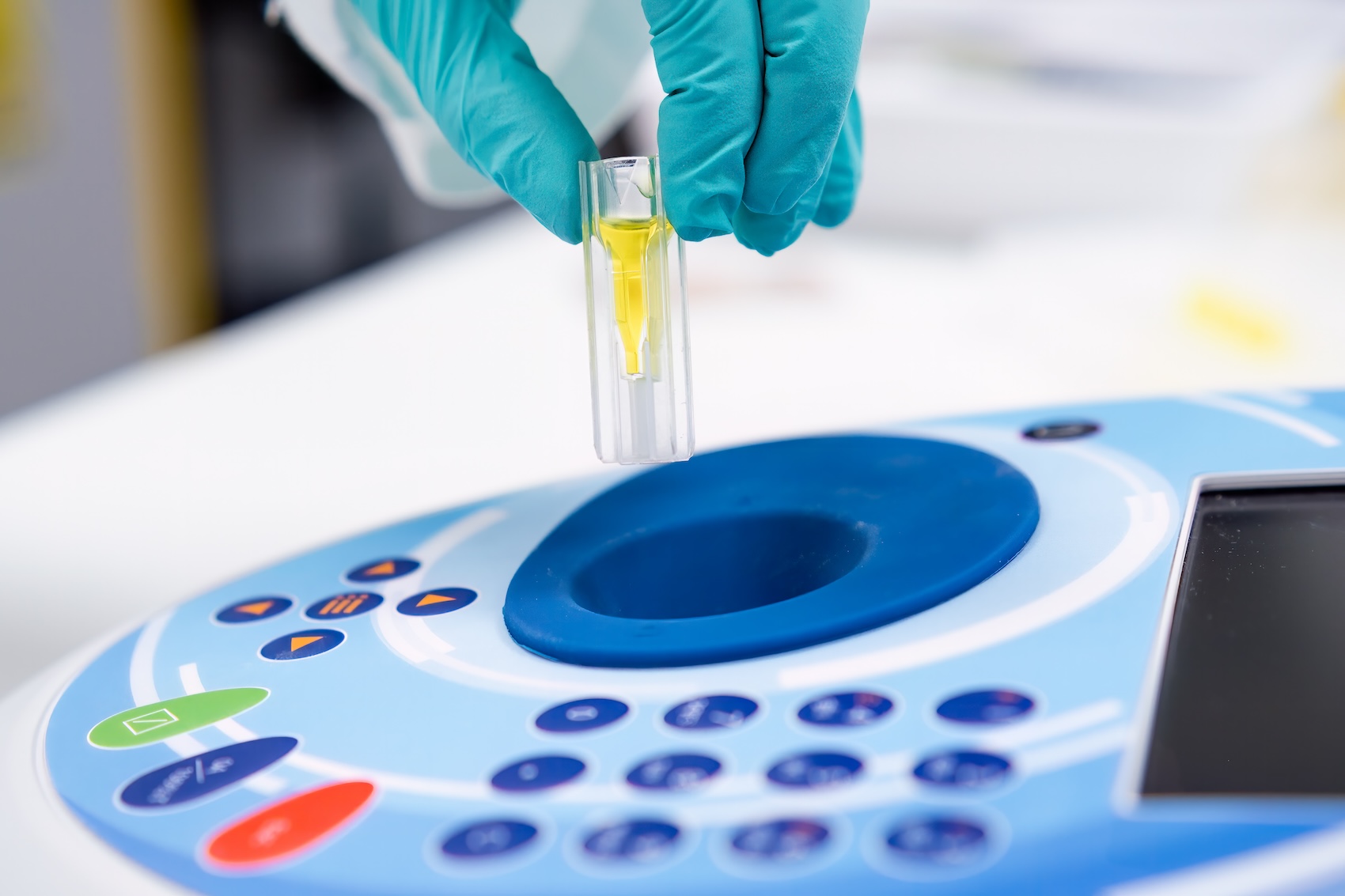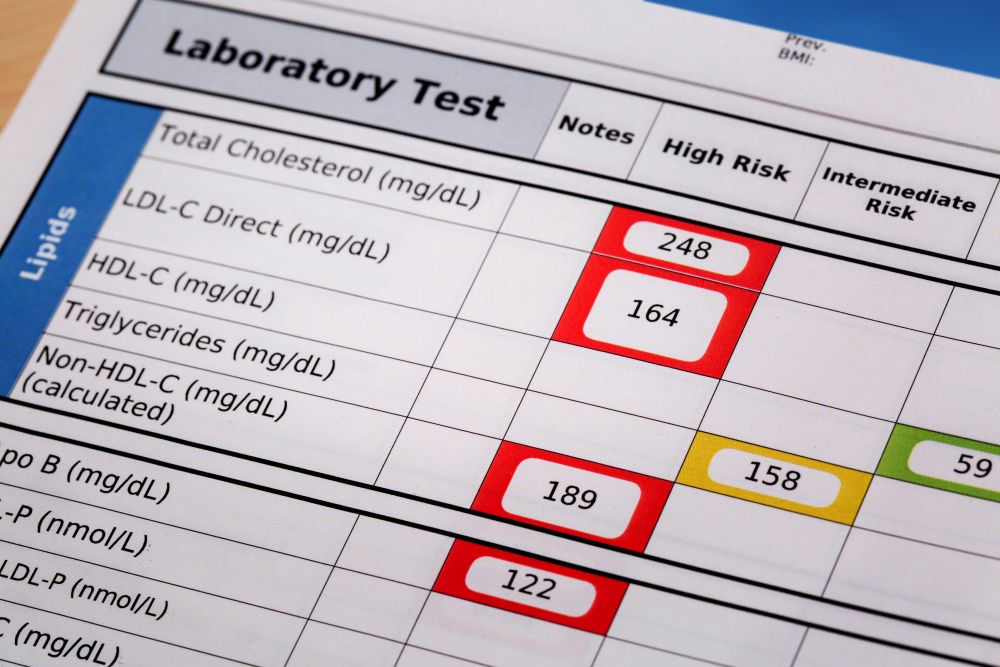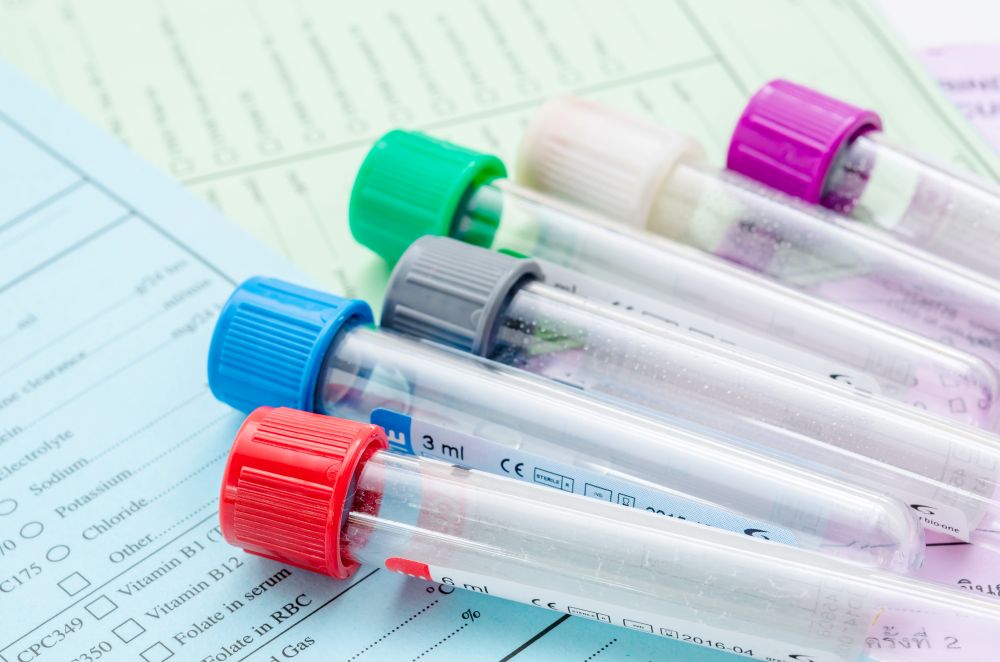Diagnostic Testing
At Dynamic Life Health Center, we understand that many patients live with chronic diseases or imbalances undetected by standard testing. That’s why we provide extensive testing and blood work in Southlake. This process allows us to create personalized treatment plans that get to the root causes of your concerns, instead of just managing the symptoms.
-
Detects Hormone Imbalances
-
Detects Nutritional Deficiencies
-
Uncovers Root Causes
-
Assess Metabolic Health
-
Screens for Cardiovascular Disease




What to Expect
The Process
When you visit Dynamic Life Health Center, our goal is to start your wellness journey with all the facts about the current state of your health and wellness. This allows us to customize a treatment plan that will be both comprehensive and results driven.
Discussing your symptoms and wellness concerns is the primary goal of your initial visit to Dynamic Life Health Center, where we take a thorough, consultative approach to your health journey. Based on your health history, symptoms and goals, we will then recommend diagnostic testing.
Visit our patient resources page for more information on how to get started.
Hormone Testing
Hormonal Imbalances
Hormonal imbalances can significantly affect metabolism, digestion, energy, mood, and reproductive health. As we age, we produce less hormones.
Diagnostic tests can reveal if hormonal imbalances are causing your current symptoms. It’s a vital step to treating the possible root cause of your concerns.
Learn More About Hormone Testing →
ZRT Hormone & Neurotransmitter Testing
We test both hormone and neurotransmitter levels through ZRT. Hormones and neurotransmitters are synergistic. Neurotransmitters are chemical messengers that are responsible for regulating mood, behavior, and cognition.
Often, our patients who have hormonal imbalances also have neurotransmitter dysfunction, which can exacerbate their symptoms.
ZRT Cortisol Testing
Cortisol is a “stress hormone” and is the most important hormone to keep balanced. Cortisol is vital to live, sleep, manage stress, regulate mood, balance blood sugar, regulate blood pressure, and modulate the immune system. With constant stress, your cortisol levels can initially rise, eventually causing you to deplete your “reserves.” This can lead to adrenal fatigue.
Cortisol testing is a crucial component when balancing hormones, including thyroid and sex hormones, for both men and women. This is because adrenal health affects the entire endocrine system to such a degree that if this step is omitted, it is difficult to balance other hormones or achieve optimal health.
Food Allergies & Sensitivity Testing
Food Allergies & Sensitivities
When you experience a reaction to certain foods, you may be experiencing a food allergy or sensitivity. We offer blood work in Southlake to screen for food allergies or food sensitivities.
Learn More About Food Sensitivity & Allergy Testing →
Food Allergy Testing
Some people have severe allergies to foods such as peanuts or shellfish and can have life-threatening reactions. Food allergy testing will identify the most common food allergies.
Symptoms of food allergies can range from mild to severe. However, the symptoms will usually begin within minutes of ingesting the food. They can include:
- Hives
- Rashes
- Itchy mouth
- Vomiting
- Tightness in the throat
- Congestion
- Sneezing/dry cough
- Swelling of lips, tongue, or throat
- Trouble swallowing
- Shortness of breath or wheezing
- Drop in blood pressure
- Loss of consciousness
- Weak pulse
- Anaphylaxis shock
Vibrant Food Sensitivity Testing
With food sensitivities, the immune system reacts abnormally to a component of food, which then produces a response or symptoms. The National Institute of Health estimates that up to 20% of the population suffers from food sensitivities/intolerances.
Symptoms of food sensitivities can be quite varied, and you may not see the correlation between the foods you eat and the symptoms you are experiencing. Some of these symptoms can include:
- Stuffy nose, sneezing, sore throat
- Itchy skin
- Vomiting and diarrhea
- Stomach cramps
- Bloating
- Joint pain
- Fatigue or tiredness, even after getting a full night’s sleep
Vibrant Micronutrient Testing
Micronutrient testing is a service offered by our providers that can tell you exactly what nutrients your body is lacking. According to health.gov reports on dietary guidelines in the US, approximately three-fourths of the population has an unhealthy diet.
A standard American diet is rich in processed foods and low in nutrient-dense foods. Because this way of eating has become the norm for so much of our population, many people are actually malnourished. Even people who lead healthy lifestyles and eat clean can still struggle with nutrient deficiencies. With this test, we can see nutritional issues on a cellular level.
GI Testing
Genova GI Effects Testing
It is an accurate, scientific stool test that measures biomarkers of your overall gastrointestinal function. This clinical tool is an important part of gut health testing so that we can address symptoms and root causes of illnesses. This test will measure:
- Inflammation within the gut microbiome
- How your digestive system is performing
- Biomarkers of gastrointestinal function
- Pathogens that may be causing illness
- Balance of beneficial and harmful bacteria
- Will measure markers that can suggest Leaky Gut Syndrome, which causes many autoimmune illnesses
- How well your body is absorbing key nutrients
Because a compromised gut microbiome sets in motion so many chronic illnesses, the Genova GI Effects test is the first step in opening the door to recovery. Diagnosing and normalizing gastrointestinal function can have positive effects on overall health.
Genova SIBO Testing
The SIBO breath test helps diagnose small intestinal bacterial overgrowth, a common gut condition. People with SIBO can have problems with bloating, gas, diarrhea and constipation, as well as other symptoms.
Vibrant Gut Zoomer Testing
The Gut Zoomer is the most comprehensive digestive health test available. Gut Zoomer can measure hundreds of species of microbes, as well as functional markers of digestion and inflammation. It also tests for an array of pathogenic bacteria, yeast, viruses, and parasites that cause serious health problems. Your gut microbiome is essential for your overall health and well-being.
General Testing
Acute & Chronic Illnesses
Routine diagnostic tests are crucial for detecting various health conditions, including diabetes, autoimmune disorders, cardiac problems, and cancer. Diagnostic testing can also detect acute illnesses, such as infections or other conditions requiring immediate medical attention. As individuals age, the likelihood of developing these conditions increases, making regular testing vital for early detection and management.
Galleri Cancer Testing
The Galleri Multi-Cancer Early Detection Test can detect over 50 types of cancer through a simple blood draw. This test detects cancer DNA in the bloodstream.
This is a breakthrough in early cancer detection. Before, medical professionals could only screen for the early detection of breast cancer, colon cancer, prostate cancer, and, to a lesser extent, lung cancer. Now, with the Galleri Test, we can screen for many cancers that have been extremely difficult to detect in the past.
All Tests
Diagnostic Tests Available at DLHC
- Adrenal Health: ZRT Cortisol testing
- Early Cancer Detection: Galleri testing
- Gastrointestinal: Vibrant Gut Zoomer, Food Allergy testing, Vibrant Food Sensitivity, Genova GI Effects, Genova Candida testing, Genova SIBO testing
- Genetics: Fagron Tricho Hair Loss testing, Fagron Nutrigen Weight-Loss testing, Myriad testing
- Hormones: ZRT Saliva hormones, Dutch Urine Hormones, Genova Essential Estrogen, Genova Rhythm Plus
- Mental Health: Neurotransmitter testing
- Nutrition: Vibrant Micronutrient testing
- Toxins: Mycotoxins, Environmental Toxins, Heavy Metals
- Thyroid: ZRT Iodine


